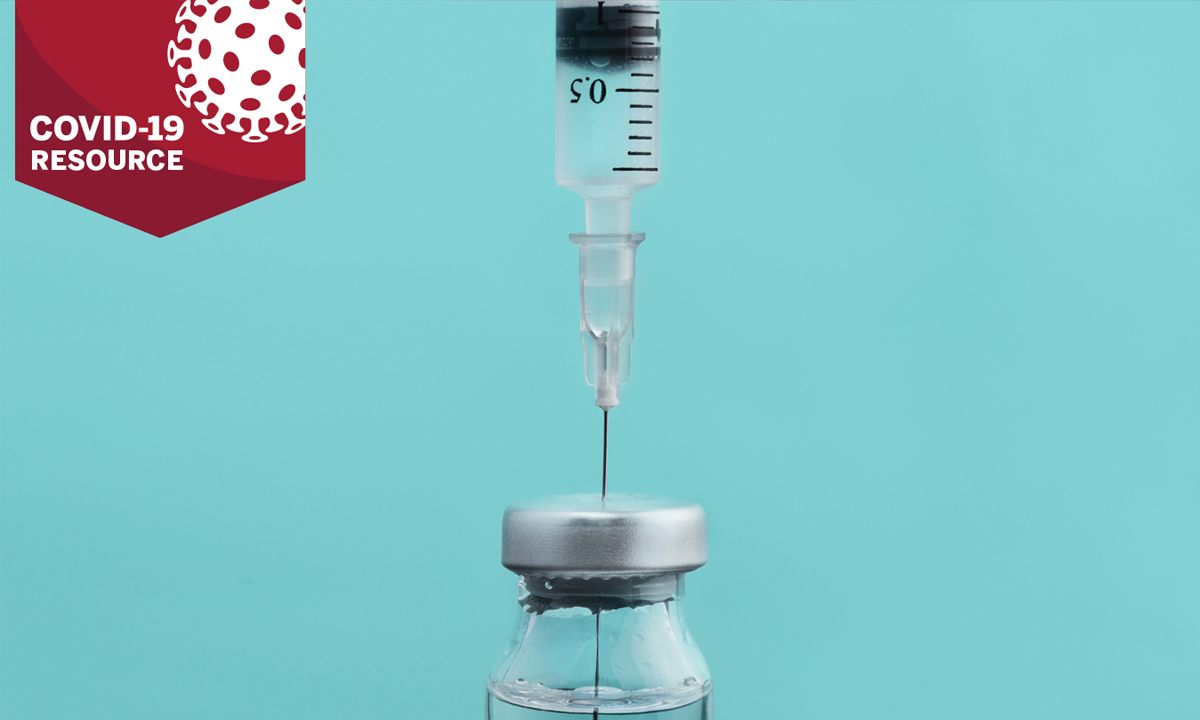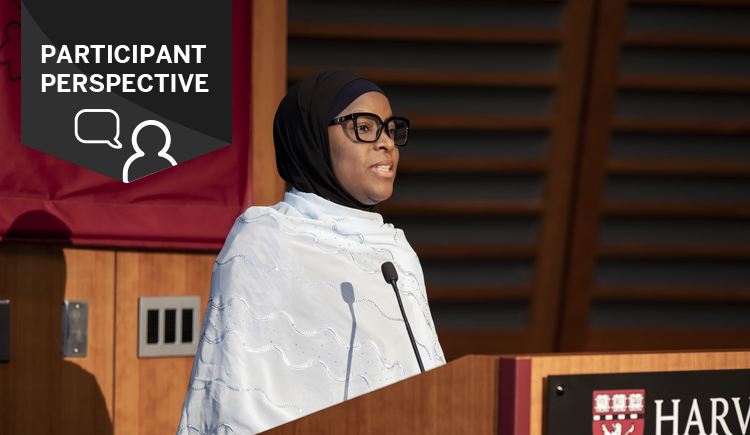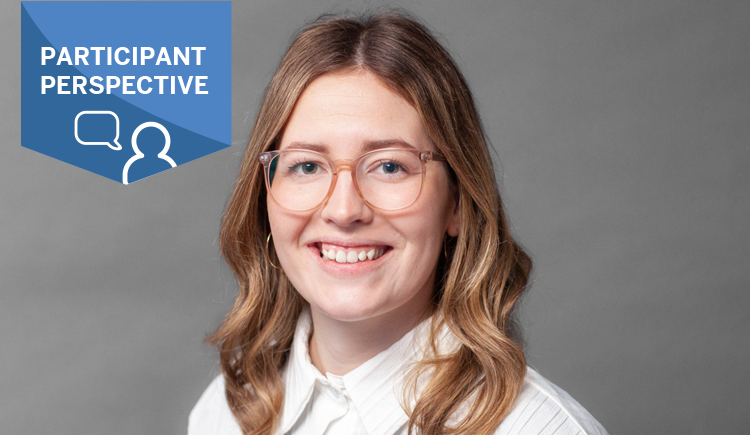
Information regarding COVID-19 has rapidly evolved. The content in this article provides a historical snapshot of events surrounding the date of posting.
Vaccine development is traditionally slow. As the coronavirus pandemic continues to infect communities across the world, development efforts for a vaccine are ramping up to fight the crisis. Two vaccine experts, Dan Barouch, MD, PhD and Ashraf El Fiky, MD, PhD, recently spoke with J. Kevin Tucker, MD about the process and timeline of vaccine development. The following article is an excerpt from this discussion recorded on April 22, 2020 that has been condensed and edited for clarity and accuracy.
Can you walk us through the basic steps of a typical timeline and development of a new vaccine?
Dr. Barouch: Prior to COVID-19, it would typically take many years, sometimes decades, to develop a vaccine for a new pathogen. In general, a series of different vaccine concepts are developed. For example, a live attenuated version of the pathogen, a whole kill version of the pathogen, protein subunits, and maybe gene-based vaccines. These concepts would first be tested in laboratory studies and preclinical animal tests.
At a certain point, there is the decision to move into clinical studies, which include vaccine manufacturing, regulatory approvals, animal toxicology studies, and then eventually, a safe-to-proceed from the Federal Drug Administration (FDA) to complete a first in human study. The first time new vaccines or molecules are tested in humans is called a Phase 1 clinical trial, which is a small study where safety is the primary endpoint. Vaccine developers also examine if the vaccine is generating the immune responses believed to be necessary for protection.
If all data is promising after Phase 1 studies, then larger Phase 2 studies would be launched. Phase 2 studies aim to refine dosing and testing in larger populations. Usually, safety and immune responses are endpoints of these studies.
If that looks good, then there are larger Phase 2b or Phase 3 efficacy trials to determine whether the vaccine is effective in humans. Typically, large Phase 3 efficacy trials are needed for FDA licensure and approval of the vaccine prior to marketing and distribution to the general public.
We've been hearing in the media that we'll have a vaccine in two years. Is that realistic given the steps that you outlined?
Dr. Barouch: There is an extreme urgency to develop a vaccine for this global crisis. This virus has penetrated the human population to such an extent that it seems unlikely that the virus will be totally eradicated in the absence of a vaccine.
Many vaccine manufacturers are working as fast and as hard as they possibly can to make a vaccine for COVID-19. In fact, the World Health Organization (WHO) has outlined over 70 different vaccine development programs that are currently underway.
I'm cautiously optimistic that it'll be possible. Although, there should never be any compromise on product quality or patient safety because safety is the absolute top priority for any vaccine, even in a crisis situation. There are different steps in the process that can be accelerated, such as doing various activities in parallel or beginning large-scale manufacturing upfront—essentially at risk, before knowing whether the vaccine is effective. This could shave many years off the traditional vaccine development process, but at this point, we really don’t know.
What is the experience with vaccine development against other coronaviruses? Are there lessons to be learned from other recent epidemics that we've experienced?
Dr. Barouch: Absolutely, science really builds on itself. We don't have any SARS or MERS clinically licensed vaccines, but there have been preclinical studies, laboratory studies, and even some small-scale Phase 1 clinical trials. There has not been any large-scale efficacy trials or licensed products for SARS or MERS vaccines, but nevertheless, the science learned from these epidemics is very applicable to COVID-19.
For example, many SARS and MERS researchers were focused on the region of the coronavirus genome called the spike protein, which is believed to be the primary antibody target. In part, this knowledge gave the COVID-19 vaccine researchers an ability to jump-start the program.
Can we assume that a vaccine will provide long-term immunity? Or, is there a chance that the virus will mutate, or the antibody response will wane?
Dr. Barouch: At this point in time, it's difficult to say how long the immunity will last. We do know that different vaccine platforms can give different potencies and durability of immunity. For example, certain adjuvants might be better at generating higher titer or longer lasting antibody responses. Those parameters can be critical between making a vaccine successful. If a vaccine can only provide two months of immunity, then it gives limited benefit but not durable population benefits. Of course, the goal of a vaccine is to provide long-lasting immunity for many years.
One topic I see bantered about a lot in the lay press is herd immunity. What is herd immunity and how is that relevant in the fight against COVID-19?
Herd immunity is a concept that if the majority of the population has immunity against a virus, likely more than 75%, then it's more difficult for the virus to spread within that population.
There are two ways that herd immunity can develop. One is that the majority of the population gets infected with the virus and most people recover. Those people are believed to have antibodies that would make them resistant to reinfection. However, we would likely have a huge death toll if the majority of the population were infected with COVID-19. I should also emphasize that this immunity of individuals who are infected and recover is not proven.
Another way of generating herd immunity is with a vaccine. The hope is the vaccine will be very safe, certainly much safer than having the majority of people infected with the actual viral infection itself.
Would a vaccine that might be less efficacious be approved in this pandemic because we don't have any effective treatments for this disease?
Dr. El Fiky: Overall, vaccines are some of the safest and most effective interventions that have been created. Nothing is 100% safe, but what matters is the relative risk-safety ratio. For vaccine development, safety is always the top priority.
The design of the clinical trial will govern how a COVID vaccine is eventually approved. For example, if a challenge trial model is chosen, it will be compared with other types of trial designs to assess the effectiveness of the vaccine. For various purposes, I expect that this vaccine should have well-documented efficacy before its final approval.
You mentioned a challenge trial. Can you illuminate what a challenge trial is?
Dr. El Fiky: In this type of trial participants receive a vaccine and are challenged with the pathogen to access its protective qualities. This approach may be quicker in comparison to the classic design. For example, challenge trials were used in developing vaccines for Dengue and for Cholera. Of course, there are many ethical considerations. The demographic and the age population of the participants should be considered carefully. There are tiers for assessing the safety of a vaccine. Basically, we examine the occurrence and allocation of adverse and serious adverse events. We compare the active cohort to the placebo cohort throughout Phase 1, 2, and 3 trials. We assess the occurrence of adverse or unexpected events, particularly if they are serious and cause life-threatening reactions. These cases are regarded very seriously by the regulatory agency. It is possible that the trial is halted if safety is a concern.
We're developing a new vaccine in the pandemic era in which millions of people around the globe are potentially at risk. Is there industry infrastructure readily available to produce the numbers of vaccines that will be needed to immunize large populations around the globe?
Dr. El Fiky: In this ‘surge capacity’ situation, I think the answer is yes. But, it still requires good stitching between resources and good communication. We need to have collaboration between pharmaceutical manufacturers, governments, and financial support from organizations like the WHO.
Currently, the National Institute of Health (NIH) is taking aggressive steps in forming an international coalition between research centers and pharmaceutical companies to make large-scale manufacturing happen as soon as a vaccine is approved.
Can you comment on the use of plasma from individuals who have recovered from COVID-19 as potential therapies before we have a vaccine?
Dr. Barouch: There are clinical studies underway to explore if convalescent plasma is a useful therapeutic modality. One issue is a substantial dilution factor for when convalescent plasma or even purified immunoglobulin (IG) or intravenous immunoglobulin therapy (IVIg) is transferred to another individual.
We don't know what titers of antibodies are needed for protection or therapeutic benefits. Whether it will work relies on the hypothesis that there is natural immunity. This question can't be answered theoretically. It will be the empirical results of the clinical trials that will determine whether it works. We should not assume that any experimental therapy works until it's proven. However, the study has a scientifically sound basis.
Can you comment on pricing and affordability of new vaccines?
Dr. El Fiky: In the world of biologics, whether it's vaccines, gene therapeutics, or tissue therapy, the research and development investment that goes into therapy is extremely extensive. It is not a surprise that after licensing these vaccines and therapeutics the manufacturers would seek to reap what they had invested.
We're living in a unique situation that entails unique actions and decisions. Certainly, its humanities’ duty that lower resource countries and vulnerable populations have access once a vaccine is approved. I expect that developed countries and international organizations would compensate pharmaceutical manufacturers.
Can you tell us more about antigenic drift and if there is antigenic drift with SARS-CoV-2? If so, how will that impact vaccine development?
Dr. Barouch: COVID-19 is an RNA virus, which means that the genetic material is RNA, not DNA. RNA tends to accumulate mutations more rapidly than DNA. The mutation of a virus as it spreads in a human population over a geography and over time is called antigenic drift. If a virus mutates and evolves to avoid a pre-existing immune response in a population or an immune response induced by a vaccine, it's like a new virus, and it's not controlled by that pre-existing immune response.
This happens with many viruses, such as influenza. For COVID-19, the concern is whether the virus mutates and evolves, also known as drift, so that vaccines currently being manufactured may no longer be applicable. We would then need to start making new vaccines.
Now, we hope that won't happen. So far, the amount of genetic drift of the virus has been relatively limited, and we don't think the limited mutations are going to be a killer for the current vaccines. How the sequence of the virus will evolve in the future will continue to be an emerging area of science.
Any final thoughts?
Dr. Barouch: We are cautiously optimistic that a vaccine is technically feasible. However, the timelines for developing a vaccine through efficacy trials and more importantly than that, generating and deploying a billion vaccine doses on a worldwide scale to achieve herd immunity, is a tall order. I think the vaccine industry, the government, and the public health community will come together to try to make it happen. Let's hope that we have a safe and effective vaccine as fast as possible to help end this pandemic.


